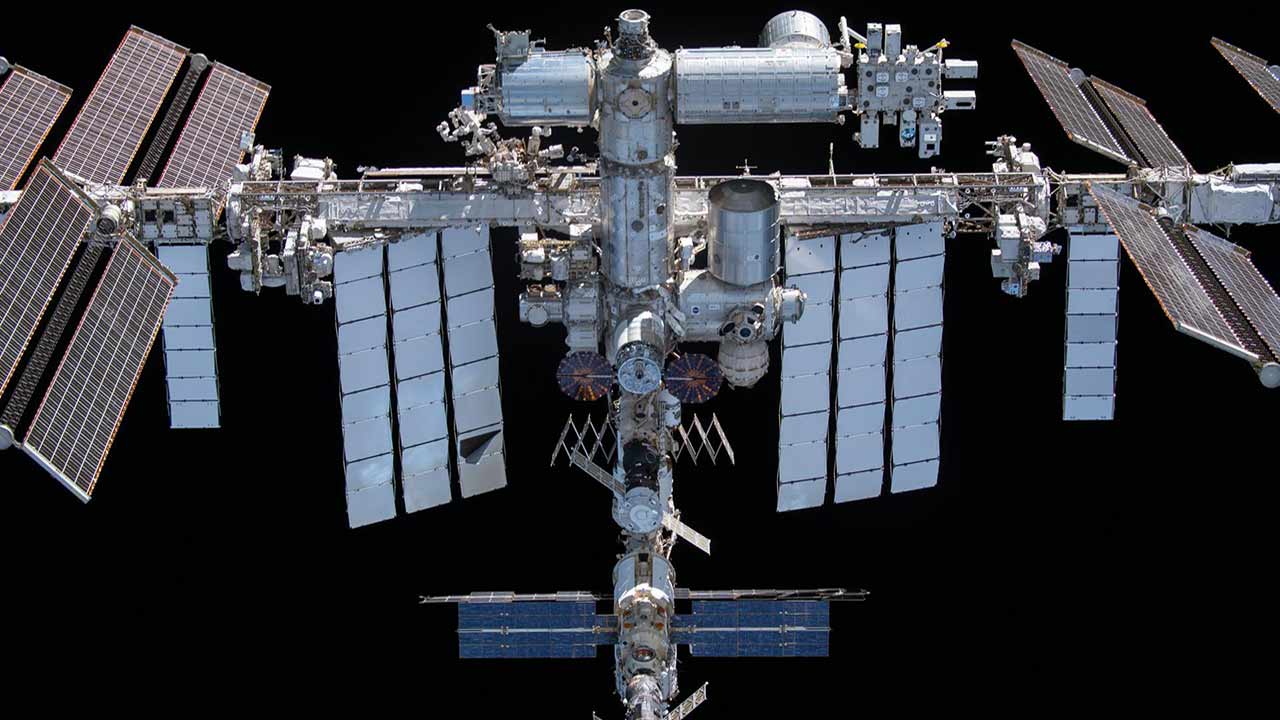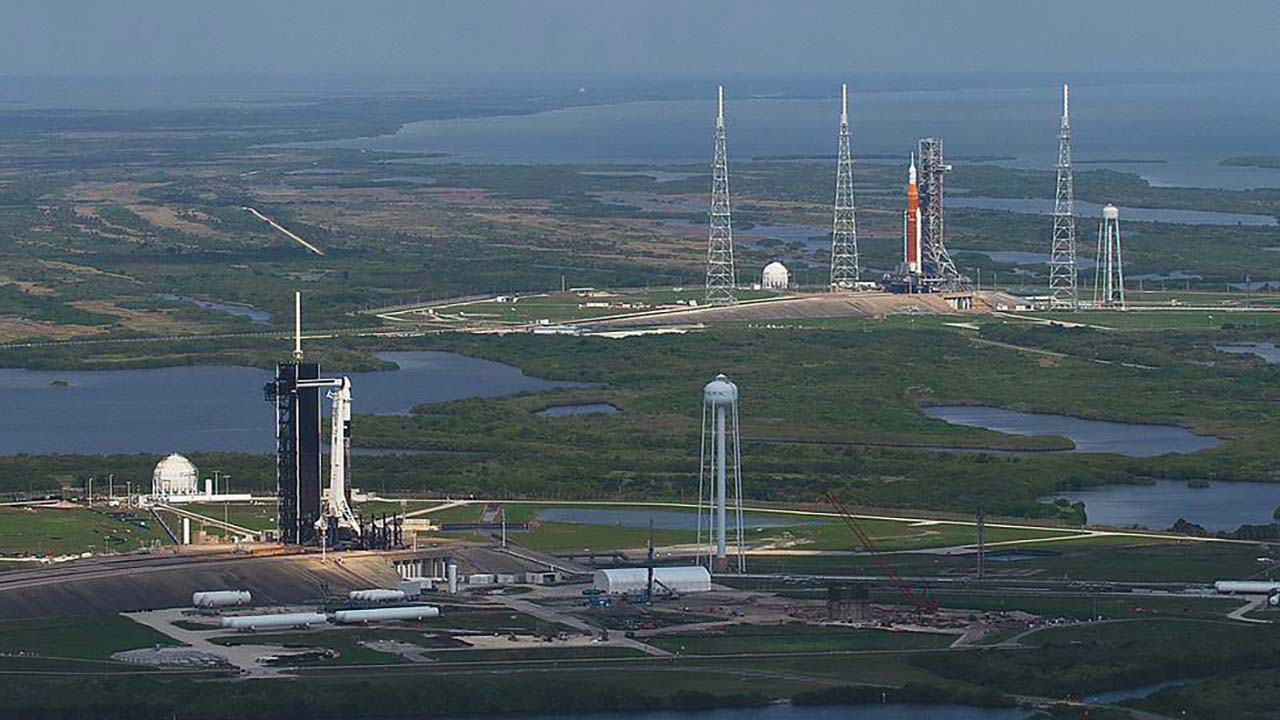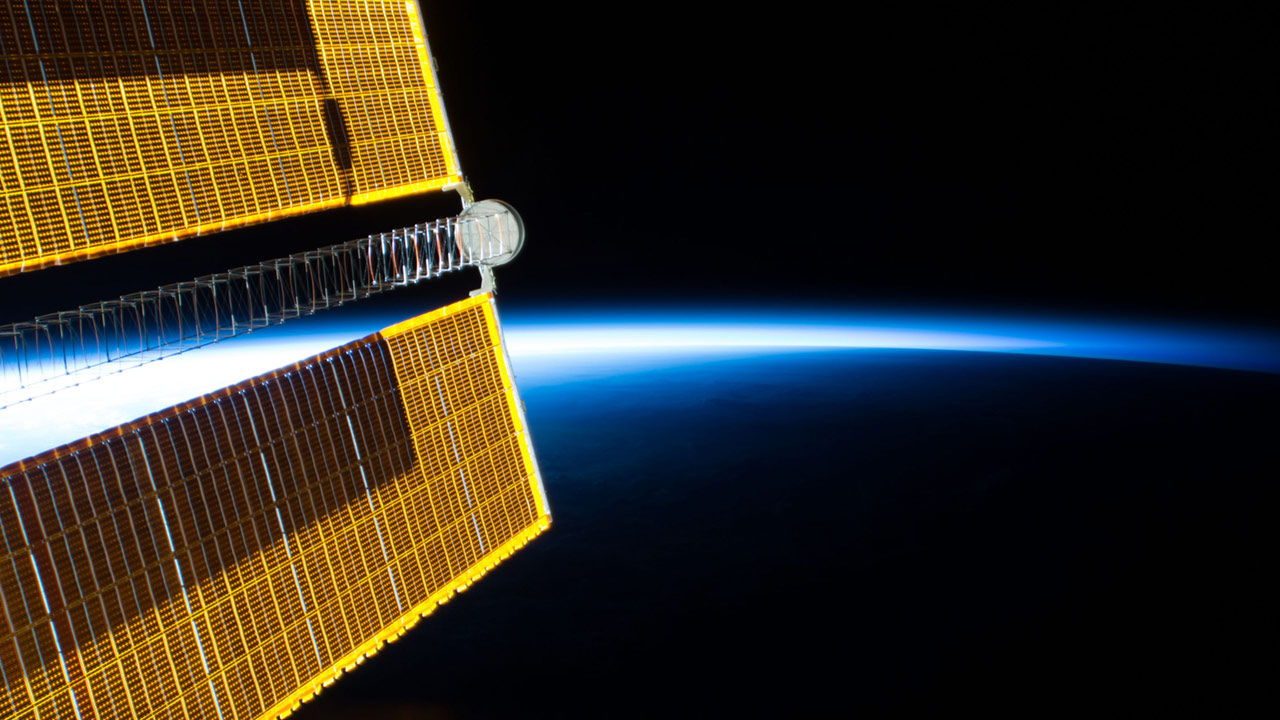BOSTON (MA), February 9, 2024 – Startups Symphony Bio and FluxWorks are the newest recipients of the Technology in Space Prize, funded by Boeing [NYSE: BA] and the Center for the Advancement of Science in Space™ (CASIS™), manager of the International Space Station (ISS) National Laboratory. Selected through the MassChallenge (Boston) startup accelerator program, these two companies will utilize the unparalleled research environment available through the ISS National Lab to further their research and technology development (R&D).
Symphony Bio will use the orbiting laboratory to develop a new cancer treatment that harnesses the immune system to fight tumors and prevent them from spreading. FluxWorks aims to develop and commercialize noncontact magnetic gearboxes for use in extreme environments in a wide range of applications.
“Boeing is excited to partner with CASIS to support the advancement of cutting-edge research using the unique environment of the orbiting laboratory. Enabling research that can help millions diagnosed with cancer and advancing mechanical innovations of noncontact magnetic gear technology will benefit human life in both the harsh environment of space and terrestrial environments,” said Scott Copeland, director for ISS research integration at Boeing. “There are many smart people out there with great ideas who can leverage the space station to advance innovation, and these two companies serve as an inspiration to them all.”
Through the Technology in Space Prize, CASIS and Boeing awarded Symphony Bio and FluxWorks more than $630,000 in total. The startups join a growing community of researchers leveraging the final frontier to explore new possibilities and showcase the potential of space-based research. Since the prize’s inception, approximately $20 million has been awarded for more than 30 projects, many of which have already launched to the space station.
“We are tremendously proud of our partnership with the ISS National Lab and Boeing and are thrilled to play a role in helping high-potential startups take advantage of the opportunity to harden their solutions by conducting tests in a microgravity environment,” said Will Magruder, vice president of partnerships for MassChallenge. “Thanks to this partnership, novel technologies continue to help improve life on Earth and beyond.”
Many of the startups awarded the Technology in Space Prize have gone on to secure additional funding from outside sources to further their research. For example, Connecticut-based LambdaVision leveraged microgravity to improve its manufacturing process for the production of artificial retinas in space and is in the midst of the company’s ninth investigation on the orbiting laboratory.
Biotechnology startup MicroQuin utilized the microgravity environment of the space station to identify essential pathways involved in the development of cancer. This allowed the company to refine its breast cancer therapeutic and begin to develop new therapeutics for targeted treatment of several cancer types. Startup RevBio (formerly LaunchPad Medical) used the orbiting laboratory to test an injectable bone glue to accelerate bone repair.
“The MassChallenge U.S. Early Stage Accelerator program has been a fantastic avenue for Boeing and the ISS National Lab to reach companies capable of utilizing low Earth orbit to further their research endeavors,” said ISS National Lab Chief Scientific Officer Michael Roberts. “Part of the role of the ISS National Lab is to enable access and opportunity for investigators to take their research to new heights. Along with Boeing, we look forward to working with FluxWorks and Symphony Bio as they become part of the growing space station research community.”
Funding awarded to the 2023 recipients (details below) will provide seed funding and assist with hardware costs for flight projects using ISS National Lab flight and crew time allocation.
Symphony Bio
Biopolymer Cancer Implant to Restore Immune Response
This project seeks to test a new biopolymer implant, called SymphNode, designed to restore immune response for the treatment of solid tumors. Deaths from solid tumors, such as breast, lung, prostate, and colorectal cancers, vastly outnumber deaths from blood and bone marrow cancers like leukemia and lymphoma. There are significant challenges associated with the use of immune therapies in treating solid tumors, which can be exacerbated by environmental conditions and treatments like chemotherapy or radiation. This project aims to utilize microgravity as a novel model system of immunosuppression to investigate cellular and the molecular mechanisms of SymphNode.
FluxWorks
Experimental Evaluation of a Noncontact Magnetic Gear in Microgravity
This project will leverage the space station to test and qualify the performance of a new noncontact magnetic gear. The magnetic gear will be tested in several scenarios to assess its startup behavior, dynamic operation, vibrational characteristics, and seal and bearing behavior in microgravity. Gearboxes aim to reduce the mass of motors required in a variety of applications; however, the lubricant needed to make them work properly is not designed for use in extreme environments like space. Magnetic gears do not require lubricant, making them an appealing alternative. This project aims to validate the technology’s suitability for use in space applications.
With support from Boeing and CASIS, these projects help underscore the critical role of space in advancing our understanding of science and improving life on Earth. To learn more about the ISS National Lab, including current solicitations seeking projects to leverage the orbiting platform, please visit our website.
To learn more about applying for the Technology in Space Prize, view entry information on the MassChallenge webpage.
Download a high-resolution for this release: ISS from the SpaceX Crew Dragon Endeavor
Media Contact:
Patrick O’Neill
904-806-0035
[email protected]
# # #
About the International Space Station (ISS) National Laboratory: The International Space Station (ISS) is a one-of-a-kind laboratory that enables research and technology development not possible on Earth. As a public service enterprise, the ISS National Laboratory® allows researchers to leverage this multiuser facility to improve quality of life on Earth, mature space-based business models, advance science literacy in the future workforce, and expand a sustainable and scalable market in low Earth orbit. Through this orbiting national laboratory, research resources on the ISS are available to support non-NASA science, technology, and education initiatives from U.S. government agencies, academic institutions, and the private sector. The Center for the Advancement of Science in Space™ (CASIS™) manages the ISS National Lab, under Cooperative Agreement with NASA, facilitating access to its permanent microgravity research environment, a powerful vantage point in low Earth orbit, and the extreme and varied conditions of space. To learn more about the ISS National Lab, visit our website.
As a 501(c)(3) nonprofit organization, CASIS accepts corporate and individual donations to help advance science in space for the benefit of humanity. For more information, visit our donations page.







